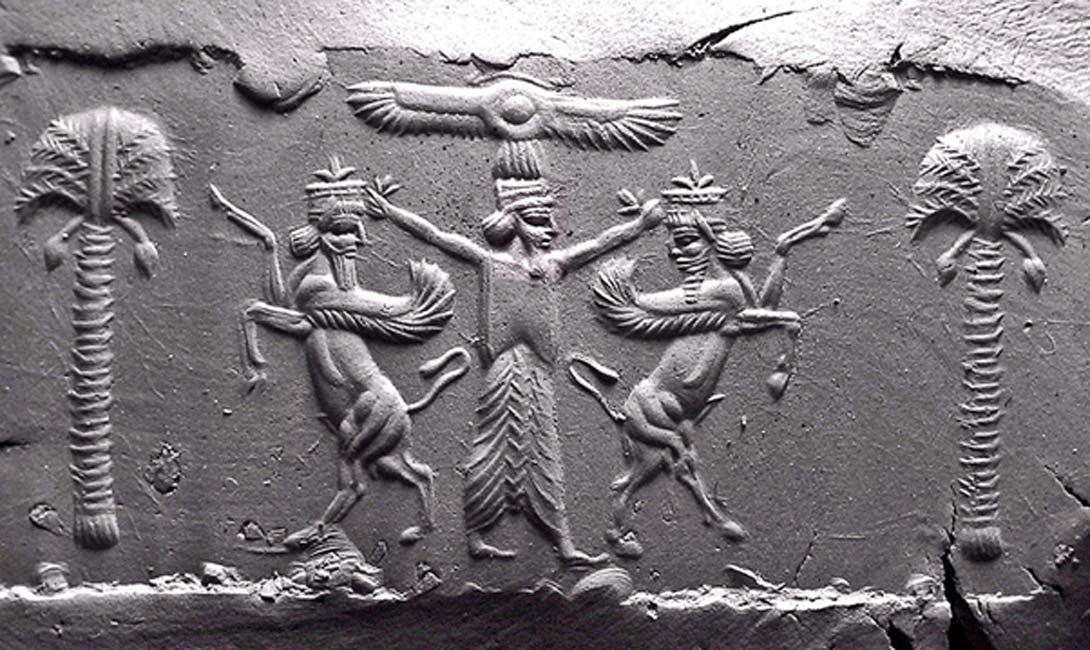Sumerians and the Time System: A Lasting Legacy Reposted from Egypt Museum
Have you ever wondered why we divide our hours into 60 minutes and our days into 24 hours? It’s a curious system, especially when you consider that we use a decimal (base-10) system for most of our mathematics. The reason behind this unique timekeeping method can be traced back to the ancient Sumerians, who used a sexagesimal (base-60) system to divide time. In this article, we’ll explore how the Sumerians invented this system and how it has persisted for over 5,000 years.
The Sumerians, an ancient civilization that thrived in Mesopotamia (modern-day Iraq) around 4,000 BC, made significant contributions to various fields, including mathematics, astronomy, and timekeeping. They were the first to divide the movements of the heavens into countable intervals. The key to their timekeeping system was the number 60.
To the Sumerians, 60 was a perfect number for several reasons. Unlike the decimal or duodecimal systems (base-10 or base-12), the number 60 can be evenly divided by multiple integers, including 1, 2, 3, 4, 5, 6, 10, 12, 15, 20, and 30. This made calculations and divisions more convenient for their ancient astronomers and mathematicians.
Another important factor was the Sumerian belief that there were 360 days in a year. The number 60 fit neatly into this concept, as 360 can be evenly divided by 60 six times. This made the Sumerian time system highly compatible with their astronomical observations and calculations.
While the Sumerian Empire eventually declined and disappeared, their legacy lives on in our daily lives. For over 5,000 years, the world has continued to use their sexagesimal time system. It has become an integral part of our global culture, influencing not only timekeeping but also many other aspects of mathematics and science.
The Sumerians, with their innovative use of the base-60 system for timekeeping, have left an enduring legacy that still shapes our daily lives. Their choice of 60 as the fundamental unit for dividing time was not arbitrary; it was based on practical considerations and a close alignment with their astronomical beliefs. Today, as we look at our watches and clocks, we can appreciate the ancient Sumerians who, over millennia ago, looked to the heavens to create a time system that endures to this day.
Hits: 17




